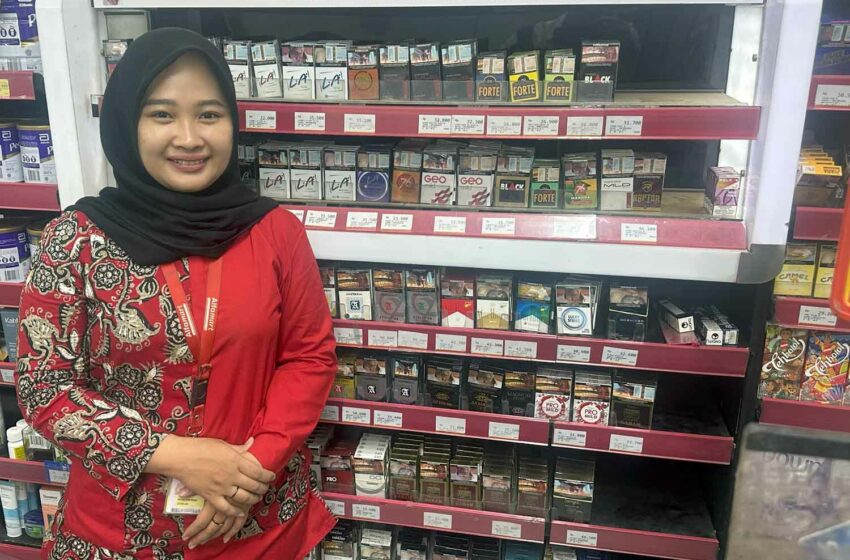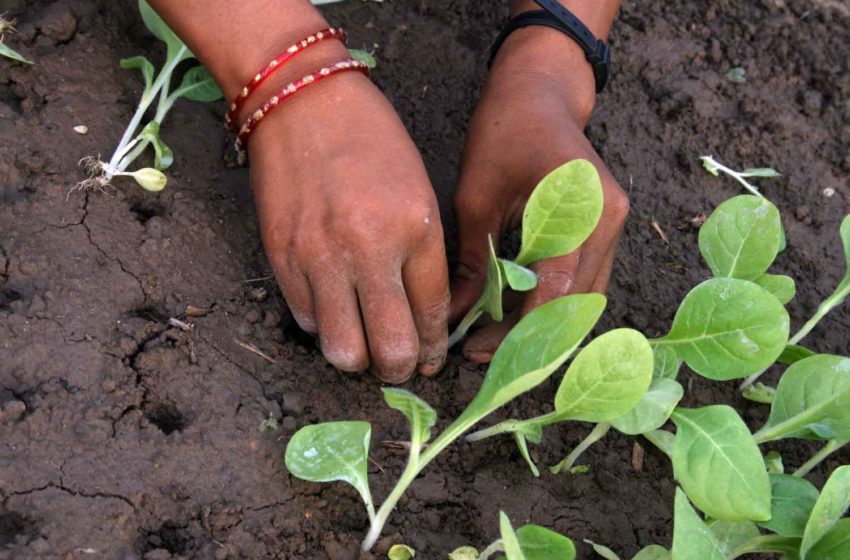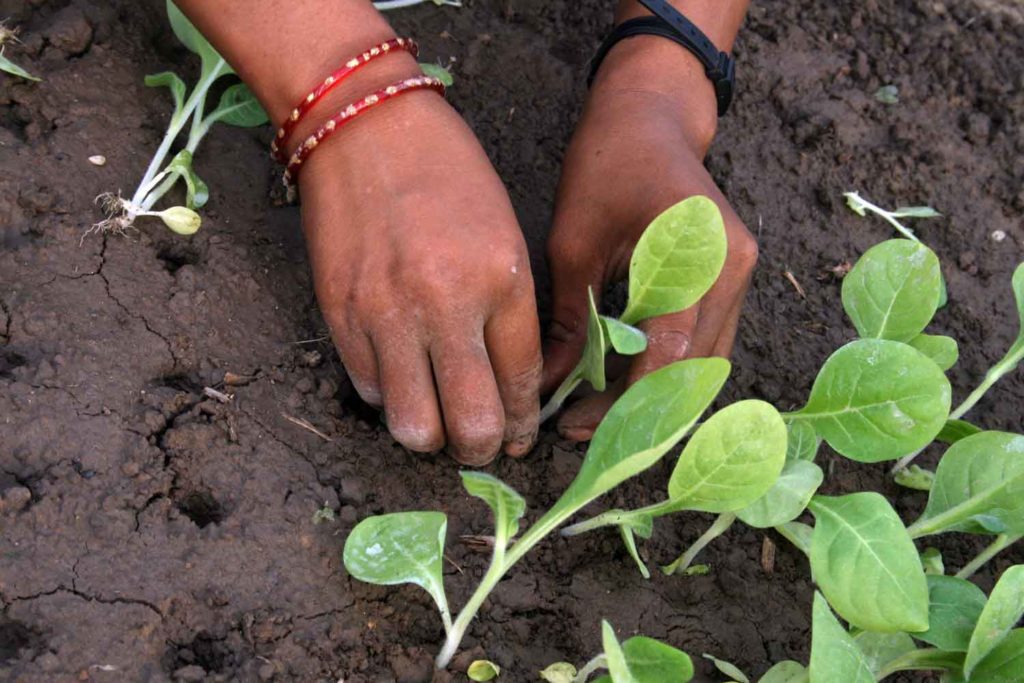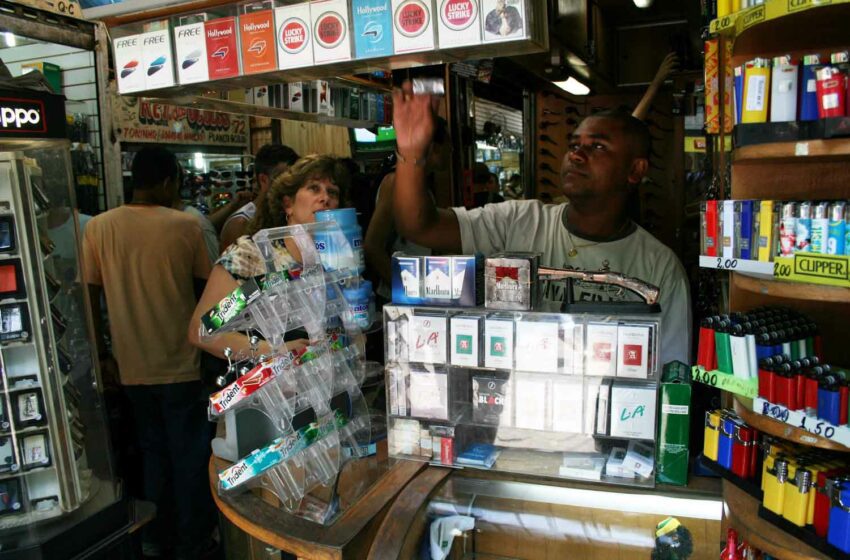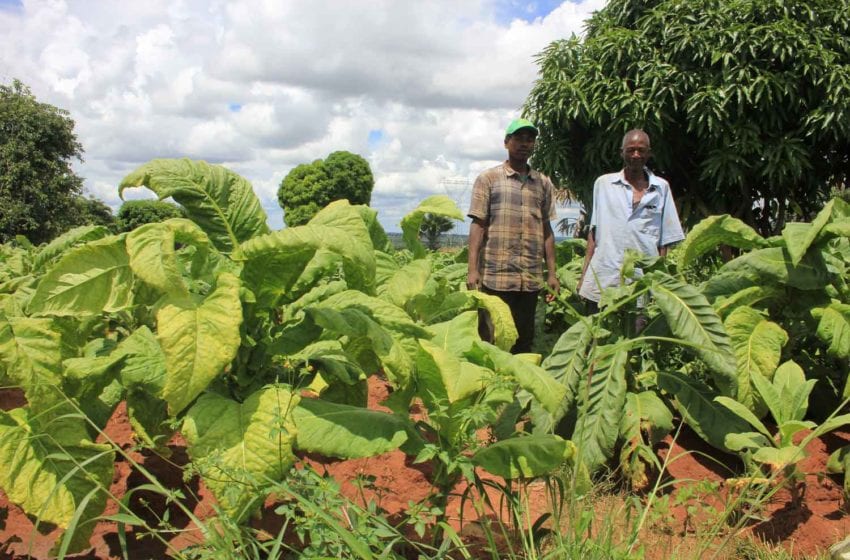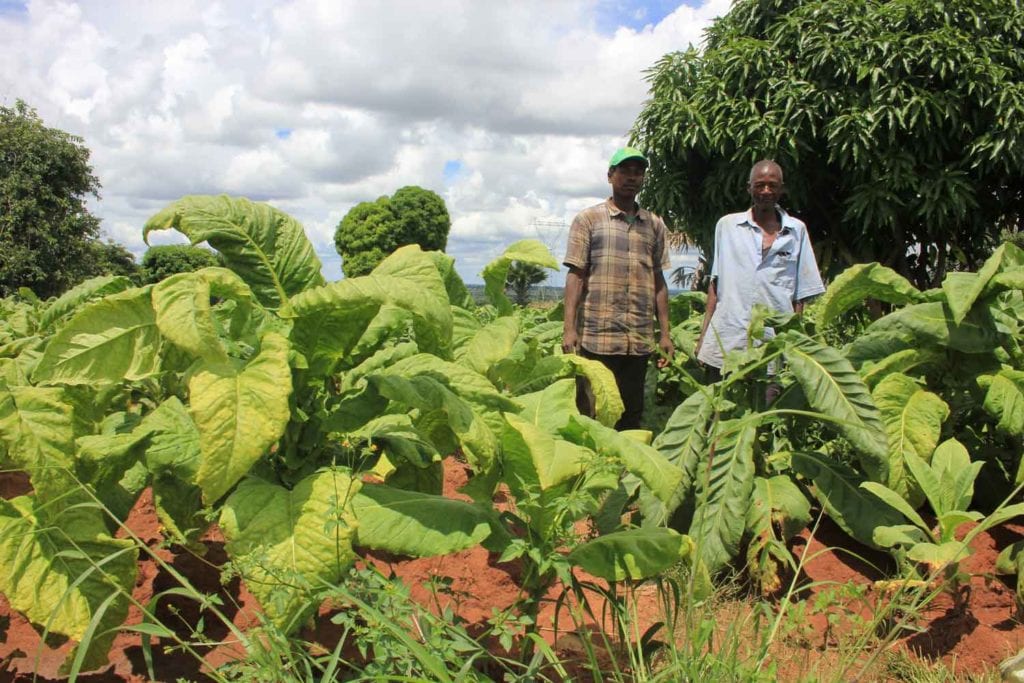
Nicotine alternatives, such as 6-methyl nicotine, may be more potent and addictive than nicotine itself, reports Reuters, citing U.S. Food and Drug Administration scientists and independent researchers.
Traditional nicotine found in many vapes and pouches is extracted from tobacco leaves; 6-methyl nicotine, in contrast, is made in a laboratory.
While chemically similar to nicotine, the synthetic substances are not subject to U.S. tobacco and vaping regulations, allowing manufacturers to sell vapes with nicotine analogues without seeking FDA authorization.
Tobacco and vape companies have criticized that the FDA product authorization process is costly and time-consuming. Only a handful of applications have been approved.
In response to questions from Reuters, the FDA said it was reviewing the available data on nicotine alternatives to inform potential actions.
Three academic researchers told the news agency that current studies of 6-methyl nicotine are too limited to draw definite conclusions on the health impact or to what degree it is addictive.
The limitations of existing research, the researchers said, included that some papers were industry funded while others focused on the short-term impact on animals or cells and were insufficient to understand 6-methyl nicotine’s effects on human bodies.
The FDA has yet to approve any flavored vape using traditional nicotine for sale in the United States, saying companies have not been able to show that the health benefits they offer to smokers outweigh the known risks to young people, who may be more attracted by the flavors.
The Spree Bar vaporizer, which uses a 6-methyl nicotine solution branded as “Metatine,” notes on its website that Metatine “may have a toxicity profile similar to nicotine.”
Sven Jordt, a professor at Duke University who has authored papers on products like Spree Bar, said 6-methyl nicotine could me more addictive and toxic than its traditional cousin.
“Do we want to have such a chemical as a recreational product, available to anyone?” he asked. “That’s really questionable.”





